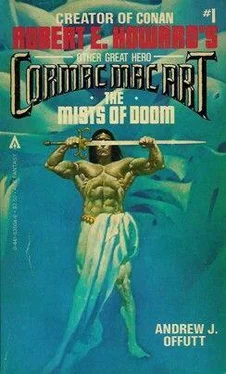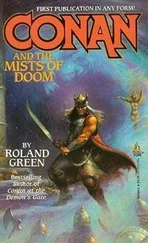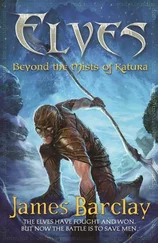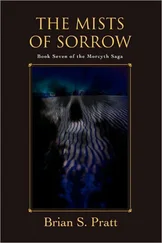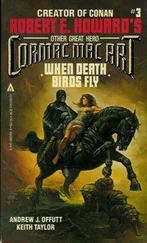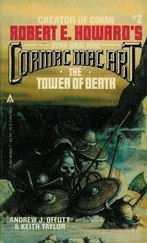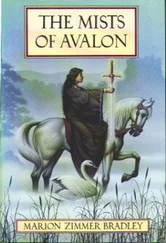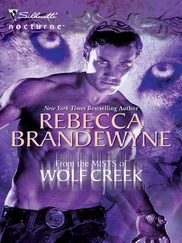“Aye.”
The sailor of twoscore years or so studied him with eyes set deep in the crags of a face etched by sea and sun and brine-spray, and he seemed to study the youth, to seek a view of his soul.
“I accepted your sword and that fine mailcoat when ye came aboard, along with that fine bracelet that more than pays your passage. No thought was on me of checking ye for more weapons!”
“I have none other now, only my dagger.”
“Pisht: an eating utensil. But… by the Sacred Heart itself, man, why smuggle aboard a sword only to hurl it into the sea?”
The youth stared at the water flowing behind the ship, lapping. “In my hand it took the life of a man, a poor foolish man of Eirrin who was only the dupe of another and should not have died. Was my father’s sword. He was a good man. I’ll not carry it the more, lest I dishonour it again.”
“Ah.” The sailing master, too, gazed only at their wake. “A young man of much honour, then. And a brain as well-and prowess. Was it of Ulster your father was?”
“Na. Of Connacht.”
“Ah. Connacht. Aye. Connacht… they talk in Connacht of a young man, vanished. Presumed slain by the slayer of his father. A great slayer of Picts the lad was, and one destined for great deeds and fame, even as Cuchulain of old.”
Cuchulain? The Grey of Macha reared… “Patience, my king,” Tu said… “So you’re a man of deeds, Cimmerian, “ Yezdigerd said, and on his head a crown…
The youth jerked his head as though to clear it of fog. “Cuchulain died young.”
“Aye. So I am sure did this young man of whom I speak. A pity. A great pity. There’s another young hero of Eirrin came to an early end, too. One whose deeds made me shed tears, they did. I am of Leinster; Athaircthech, over near Osraige. Was this young hero brought great honour on Leinster, and her king. He outwitted the minions of Tara and took back all the Boru tribute! A great deed! A great hero. Made me shed tears, he did, of joy and pride. He restored Leinster’s honour.”
“Honour is not worth the pain it puts on a man, Captain.”
“Methinks ye be wrong in your youth, weapon-man in your beggar’s cloak. Sometimes were dishonour on an entire people, an entire land, for a man to be slain by it. And him a hero, ye see. No, were truly he a man of honour, he’d relieve Eirrin of that burden of dishonour; he’d not let our Eirrin dishonour herself by doing death on him, but sail away under a cloak of disguise. That were honour. The sort of honour that prompts a Gael to break or hurl away a weapon that had slain a countryman.”
The two men stared in silence at the sea. The sailing master spoke.
“Were honour, too, for a man who felt gratitude for a deed done for his realm-and by a foreigner at that!-to assume that those two heroes I have mentioned are dead.”
“They surely are,” the youth beside him said, in a choked voice.
After another silent time of gazing on the quiet sea, the merchant shipmaster said, “Your sword and mailcoat are yours when we land, and I am proud to hold them for ye till then, Art’s son of Connacht.”
Cormac stiffened. He continued staring seaward. His jaw was very tight.
“Art’s son of Connacht is dead, Captain.”
“Aye. So too is Othna’s son of Ulster. I never saw either of them, but have great feeling for them both. So too is Calba’s son of Athaircthech dead, off a fever in the bloom of manhood. My son.”
“Sadness seems to rule the world, Captain, not kings and not justice.”
“Aye, philosopher. An it’s a name ye’ll be needing in Alba, it’s mac Calba ye be welcome to call yourself.”
“I… I will… remember,” Cormac choked out.
And then he turned and moved the length of the ship, to turn those cold, cold eyes ahead, up toward fog-shrouded Alban Dal Riada. For there lay the future and behind him was Eirrin and the past, and the past was dead.
